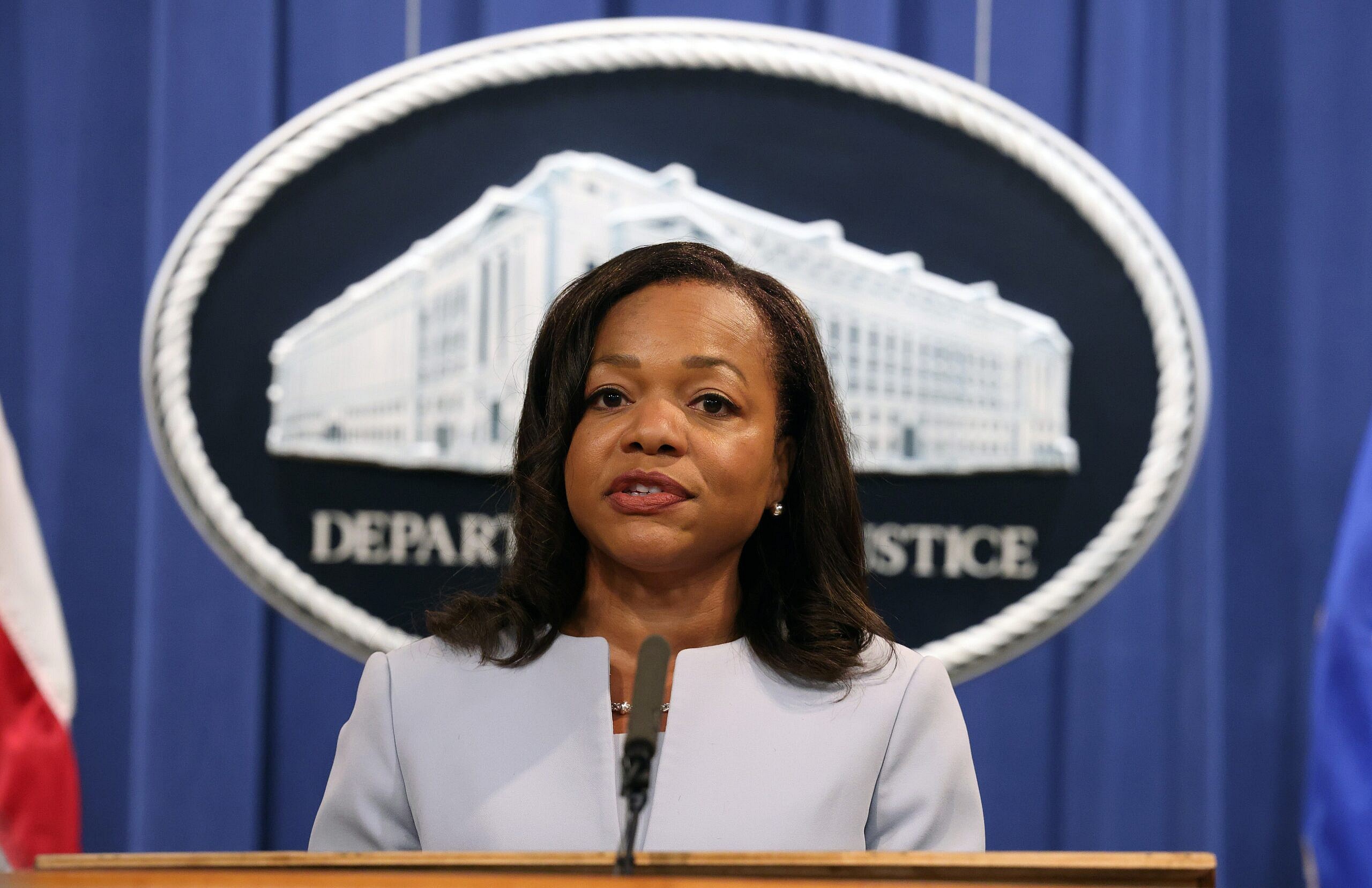The U.S. Department of Justice and a northeastern Oklahoma bank have announced a proposed agreement to settle claims that the bank discriminated in lending to Black and Hispanic people in the Tulsa area.
Collinsville-based American Bank of Oklahoma used the illegal practice known as redlining in majority-Black and Hispanic neighborhoods in the Tulsa area, including the area of the 1921 Tulsa Race Massacre, according to the Justice Department.

Redlining is an illegal practice in which lenders avoid providing credit to people because of their race, color or national origin.
The practice was used by the bank from 2017 through at least 2021, the Justice Department alleged.
The proposed consent agreement filed in federal court in Tulsa on Monday is pending court approval and calls for ABOK to provide $1.15 million in credit opportunities in neighborhoods of color in the Tulsa area.
“This agreement will help expand investment in Black communities and communities of color in Tulsa and increase opportunities for homeownership and financial stability,” Assistant Attorney General Kristen Clarke of the department’s Civil Rights Division said in a statement.
“Remedial provisions in the agreement will open up opportunities for building generational wealth while focusing on neighborhoods that bear the scars of the Tulsa Race Massacre,” Clarke said.
ABOK denied the allegations but said in a statement that it agreed to the proposal to avoid the cost and distraction of lengthy litigation.
Bank chief executive Joe Landon said in a statement that ABOK, with branches in Collinsville, Ramona, Muskogee, Disney and Skiatook, is a small community bank with $383 million in assets and lamented that the Justice Department referenced the 1921 Race Massacre.
“As Oklahomans, we carry a profound sense of sorrow for the tragic events of the Tulsa Race Massacre over a century ago,” Landon said.
The 1921 massacre left hundreds of Black residents dead when an angry white mob descended on a 35-block area known as Greenwood, looting, killing and burning it to the ground. Beyond those killed, thousands more were left homeless and living in a hastily constructed internment camp.
The three known living survivors of the massacre are appealing a ruling that dismissed their lawsuit seeking reparations from the city and other defendants for the destruction of the once-thriving Black district.
Landon said the bank will expand its deposit and lending products and add mortgage and refinancing options in Tulsa and open a new loan production office in a historically Black area of the city.
The Justice Department said the bank will also provide at least two mortgage loan officers for majority-Black and Hispanic neighborhoods, and host at least six consumer financial education seminars annually with translation and interpretation services in Spanish.
ABOK is also to hire a full-time director of community lending to oversee lending in neighborhoods of color in the Tulsa area.
TheGrio is FREE on your TV via Apple TV, Amazon Fire, Roku, and Android TV. Please download theGrio mobile apps today!

